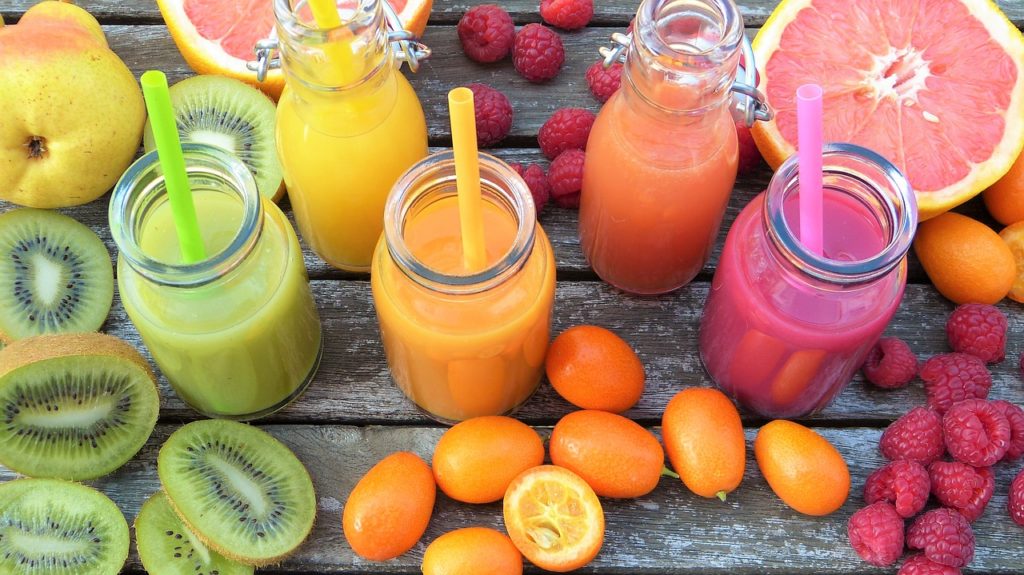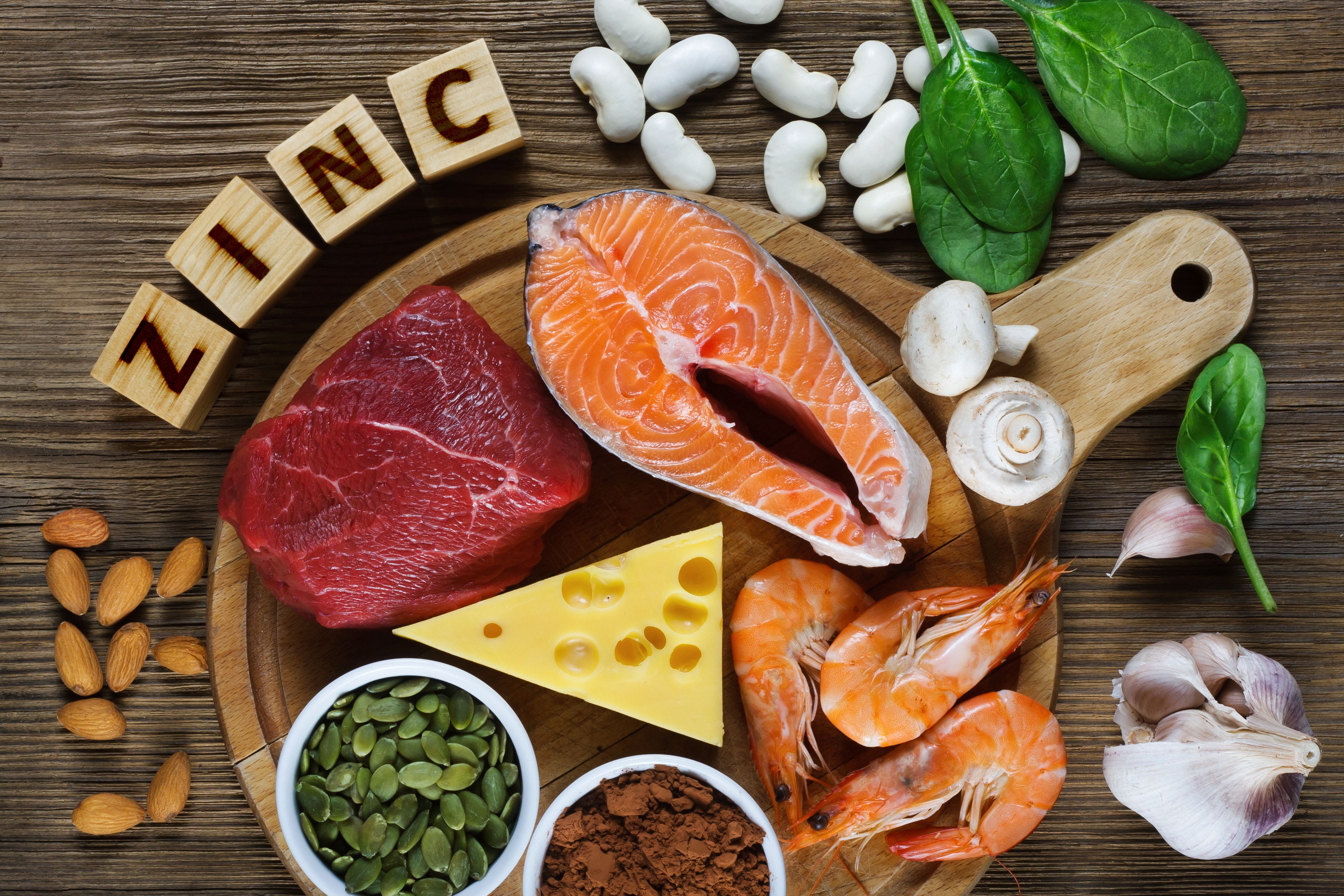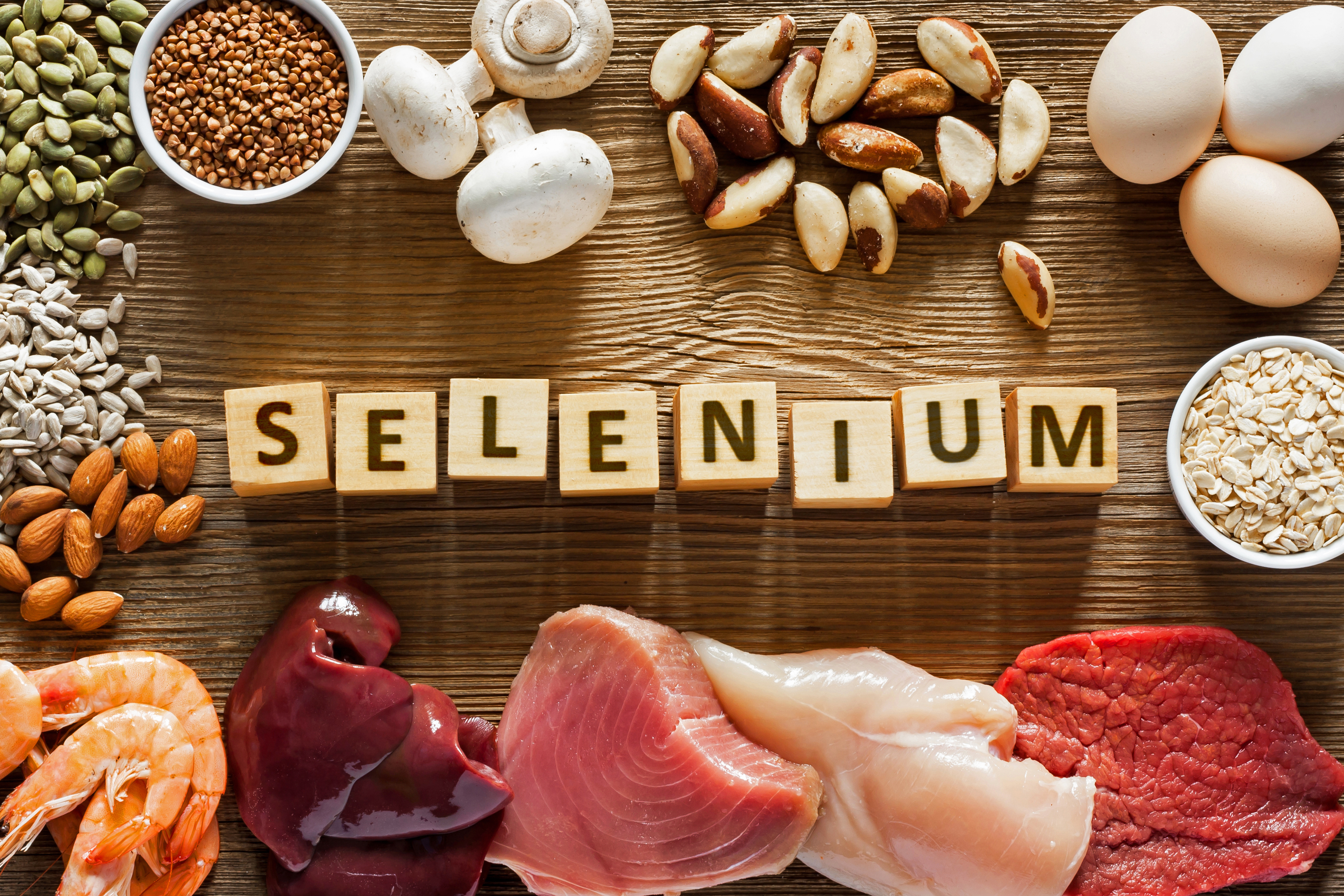Over the last year immunity has been a hot topic of discussion and protecting ourselves from viruses and maintaining health has never felt more important. At this time of year, in addition to Covid there are a number of seasonal viruses around and therefore optimum health and immunity is of paramount importance.
What we choose to nourish our body with through nutrition has a direct effect on the actions of our immune system. Optimisation of micro and macronutrients can be effective in improving immune function and decreasing incidence of infectious disease. What we put into our body meal by meal, choice by choice really does affect overall health and cells within the immune system.

How can I boost immunity through nutrition?
Deficiencies lead to impaired immunity and higher susceptibility to infection, increasing the risk of contracting pneumonia and also enhancing disease severity
VITAMIN C
Vitamin C needs to come from our diet and its antioxidant properties protect and increase immune cells. Deficiencies in Vitamin C can cause impaired immunity and increased risk of infection from viruses. Whilst supplementation has shown some increased protection, evidence is mixed and therefore acquiring it through a diet rich in foods such as oranges, strawberries, broccoli, kale and tomatoes is best.
VITAMIN D
This vitamin has had many news articles written about it due to vitamin D’s status protection for airway infections. The role of vitamin D in the lungs seems to have the ability to attenuate the inflammatory process in response to viruses. Vitamin D can be more difficult to maintain optimum levels due to the lack of sunshine. However, supplementation is shown to be effective in increasing levels in addition to consumption of foods like oily fish, red meat, eggs and liver.
ZINC
Our bodies don’t store very much zinc and yet deficiency can cause a compromised immune function. We need it for both innate and adaptive immunity and whilst supplementation can be an option for some people dietary sources are the safest and best way to include zinc in our diets. Oysters, beef, chicken and pumpkin seeds are all sources of zinc.
SELENIUM
Selenium deficiency can lead to reduced antioxidant protection against viruses. Selenium alone or in combination with other nutrients can increase immune response. Foods such as Brazil nuts, Poultry, Eggs, Salmon
FLAVANOIDS
Some flavonoid compounds have similar molecular structures and therefore biological actions as some antiviral drugs. Adding curcumin, green tea and olives on a regular basis has many health benefits.
VITAMIN E
Vitamin E is an effective antioxidant and plays a role in lung and liver protection. Deficiencies can contribute to increased viral load.
Food sources; Sunflower seeds, almonds, avocados, spinach, kiwi, broccoli, olive oil, trout
MICROBIOTA
Furthermore, diet, immunity and microbiota are interconnected and therefore looking after gut health is also an essential part of our health protection measures and choices. Within a balanced diet the inclusion of pre and probiotic foods can help to maintain health. Probiotic supplements are also worth considering, to support the gut.
OVERALL
Most importantly, eating a wholefood diet that is balanced and in moderation will result in a nutritious diet that provides most of our nutrient needs. Enjoying food, chewing food, sharing food meal by meal, choice by choice!
Calder, P.C (2013) Feeding the immune system. Proc NUtry Scod. 72(3): 2990309
Hemilä H. Vitamin C and infections. Nutrients 2017;9:339.
Holick MF. High prevalence of vitamin D inadequacy and implications for health. Mayo Clin Proc 2006;81:353–73.
McAuliffe, S., Ray, S., Fallon, E., Bradfield, J., Eden, T. and Kohlmeier, M (2020) Dietary micronutrients in the wake of COVID-19: an appraisal of evidence with a focus on high-risk groups and preventative healthcare. BMJ Nutr Prev Health. 18; 3(1): 93-99
Khaerunnisa, S.; Kurniawan, H.; Awaluddin, R.; Suhartati, S.; Soetjipto, S. (2020) Potential Inhibitor of COVID-19 Main Protease (Mpro) From Several Medicinal Plant Compounds by Molecular Docking Study. Preprints 2020, 2020030226 (doi: 10.20944/preprints202003.0226.v1). Khaerunnisa, S.; Kurniawan, H.; Awaluddin, R.; Suhartati, S.; Soetjipto, S. Potential Inhibitor of COVID-19 Main Protease (Mpro) From Several Medicinal Plant Compounds by Molecular Docking Study. Preprints
Melinda A. Beck, Selenium and Vitamin E Status: Impact on Viral Pathogenicity, The Journal of Nutrition, Volume 137, Issue 5, May 2007, Pages 1338–1340
Wu, C., Liu, Y., Yang, Y., Zhang, P et al. (2020) Analysis of therapeutic tagets for SARS- CoV-2 and discover of potential drugs by computational methods. Acta Pharmaceutica Sinica B 10(5): 766-788
Etiam id ex at erat fermentum luctus maximus et justo. Aenean ultricies faucibus sagittis. Etiam ultrices mollis faucibus. Sed finibus neque nec eros posuere varius a a ante. Nulla euismod eget eros non posuere.
Maecenas pharetra risus sit amet gravida fermentum. Mauris vitae magna maximus, tempus neque ac, feugiat velit. Etiam a enim nec quam fringilla cursus. In porttitor elit mi, at tempor lorem fringilla vitae. Proin in egestas purus. Cras vestibulum efficitur tempor. Morbi magna nisl, sollicitudin nec quam in
– Max Franklinn



